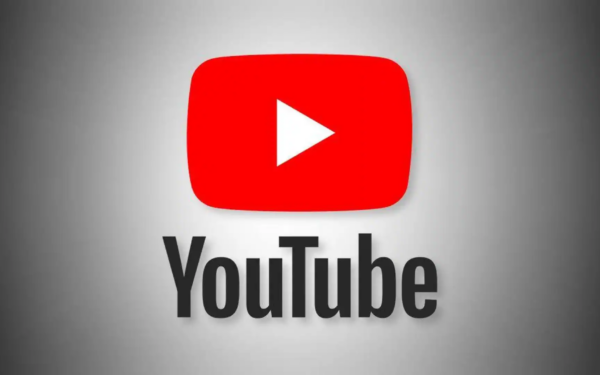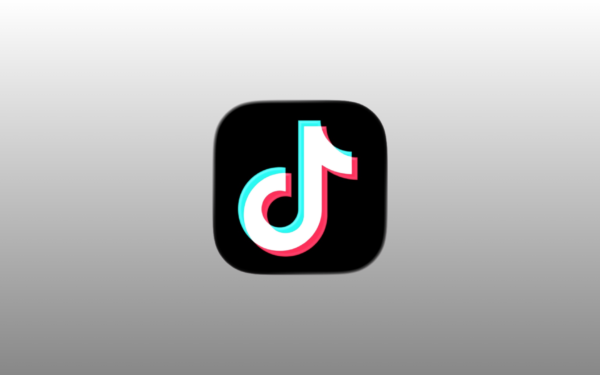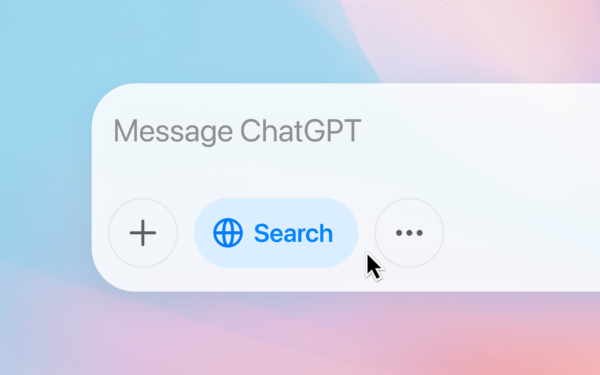
\n
There are differing opinions on Microsoft’s new ‘mobile-first, cloud-first’ strategy. Satya Nadella’s vision for the software giant has resulted in the unshackling of Office from all things Windows and into the competition’s warm embrace for example. This of course is in sharp contrast of Apple and Google’s attitude towards each other and towards Microsoft.
\n
So what does the situation really look like when it comes to tech giants developing apps for competing platforms? VentureBeat put together the chart you see below which shows the number of apps from each of Apple, Google and Microsoft made available on their respective app stores, and on each other’s stores. Note that these numbers are of the listed apps in the respective stores, not the ones that come preloaded on devices.
\n

\n
It’s no surprise really to see that Apple build apps for its platform, and its platform alone. No one is expecting to see Safari, iBooks or Apple Maps make the jump to Android or Windows Phone anytime soon, or ever.
\n
Google on the other hand knows that it cannot afford to miss out on making its free services available to as many people as possible. Or at least we assume that should be the case. It clearly isn’t though considering its focus on iOS and how it pretends Windows Phone’s 35 million (and growing) customers don’t exist. Google has a total of 1 app on the Windows Phone Store compared to the 33 it’s got on the App Store and the 85 on its own Play Store.
\n
As for Microsoft, the results of its new business model couldn’t be clearer. With 96 apps on its own Windows Phone Store, 74 apps on the App Store, and 45 on the Play Store. Android and iOS users can use Microsoft services including Office, Bing, MSN, OneDrive, Skype and more. While the strategy is good for the company as it drastically increases the reach of its services on mobile devices, the company still needs to figure out how to transform that into increased interest for Windows Phone.
\n

\n
Microsoft may be waiting for the right time to start showing off how all its services seamlessly work together on Windows-based devices compared to a more fragmented experience on competing platforms. What we do know is that 2015 is going to be a very exciting year for Microsoft and its customers with the launch of Windows 10 for PCs and phones, new Surface devices, new Lumia smartphones and more.
\n
Speaking of which, on behalf of WinBeta, we wish you all a very happy new year!
\n\nFurther reading: Apple, Apps, Google, Microsoft, Windows Phone


